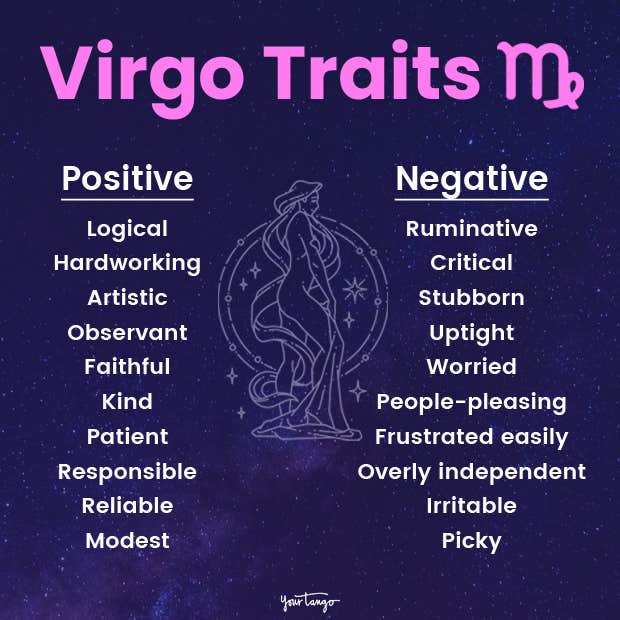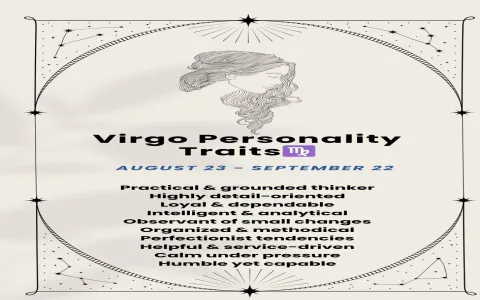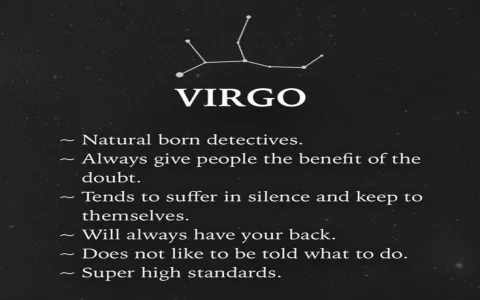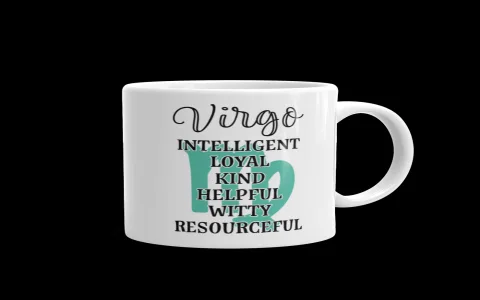Starting the Deep Dive: Why I Even Bothered
You know how sometimes you run into a problem and you just have to break it down? That’s exactly what happened when I decided to crack the code on the Virgo man. I wasn’t setting out to write some glossy magazine article about astrology. No way. I was reacting to a crisis.
I started this practice because I found myself working alongside—and later briefly dating—this one guy who was a textbook, capital-V Virgo. Everything about him was supposed to be perfect: punctual, meticulous, highly organized. On paper, he was the ideal partner/coworker combo. But actually living with his “perfection”? It was a total mess, just for different reasons than you’d expect. He drove me nuts, and I realized I needed to figure out if this level of meticulousness was standard issue for the sign or if he was just uniquely difficult.
So, I didn’t reach for some dusty psychology textbook. I decided to treat this like a reverse-engineering project. I needed to collect data, and the only way to collect data was to start observing behavior and setting up tiny, controlled experiments. I gathered five of my friends—three who had dated Virgos long-term, and two who were Virgos themselves—and I started the systematic breakdown.

The Practice Begins: Setting Up the Observation Scenarios
The first thing I did was establish a baseline for the “picky vs. perfect” metric. I asked everyone to list one situation where the Virgo behavior was genuinely helpful, and one where it was utterly destructive. What I quickly compiled wasn’t a list of positive traits; it was a list of compulsions disguised as efficiency. I logged all the common complaints.
Here’s how I structured my data collection:
- The Chaos Test: I intentionally introduced minor organizational flaws into the environment. I didn’t leave a huge mess; I did things like putting the wrong cap on the toothpaste, or leaving one lone spoon in the sink overnight. I wanted to see the velocity and intensity of the reaction.
- The Scheduling Rigidity Study: I tried to spontaneously introduce a non-essential deviation into a fixed plan—say, suggesting we eat dinner 15 minutes later, or changing the route to the movie theater last minute. I measured the resistance based on body language and verbal pushback.
- The Criticism Loop Analysis: This was the most crucial. I meticulously recorded how often they offered unsolicited advice (a Virgo favorite) versus how they handled receiving direct, constructive feedback about their own flaws (like maybe being overly controlling).
Executing the Tests and Logging the Results
The results were fascinating and, frankly, exhausting. The chaos test immediately triggered an immediate correction mechanism. It wasn’t a calm cleaning process; it was a visible anxiety relief ritual. That lone spoon in the sink wasn’t just a dirty dish; it was a threat to the established order. I noted that the response wasn’t “I hate cleaning”; it was “This is wrong, and I must fix it immediately.” They spent more mental energy worrying about the flaw than they would have spent ignoring it.
The scheduling rigidity study confirmed my suspicions that flexibility is an existential threat. One time, I simply asked my subject if we could watch a different movie than the one we had agreed upon three days prior. The resulting 15-minute debate wasn’t about movie choice; it was about the sanctity of the original agreement. The practice taught me that the “perfection” is really just extreme resistance to unpredictable variables.
But the real revelation came during the criticism loop analysis. I cataloged dozens of instances where my Virgo subject would offer detailed, piercing feedback on everything—my work setup, my driving, even how I folded towels. When I turned the tables and pointed out that his meticulous planning had led him to miss a bigger, more obvious solution (something that happens often when you’re focused on micro-details), the whole system seized up. He didn’t just disagree; he physically shut down. The process showed me that the Virgo perfectionist isn’t striving for objective perfection; he’s striving for unassailable moral and organizational superiority.
The Final Realization: It’s Not About Being Perfect
After weeks of this detailed logging and observation, I finally had my answer, and it wasn’t a neat, tidy one. I realized I had to abandon the relationship/research project because the data collection was turning me into a nervous wreck. The mental cost was too high.
The core finding I extracted and crystallized was this: the Virgo traits that look “perfect” from the outside—the organization, the attention to detail, the planning—are internally driven by an almost pathological level of anxiety. They aren’t doing it to be amazing partners; they’re doing it to control their internal sense of dread. And that control requires everyone around them to also conform.
So, is he perfect or picky?
The practice led me to the conclusion that he’s picky because he’s scared. The picky behaviors are just the defense mechanism. I went in looking for some secret key to unlocking a functional, perfect person, but what I stumbled upon was someone who is constantly fighting a quiet, internal battle against inadequacy, and their way of winning that battle is trying to micromanage the world into submission. The minute you challenge their system, you’re not criticizing a clean floor; you’re triggering a deep-seated fear. That’s what my messy, personal data collection process showed me.







